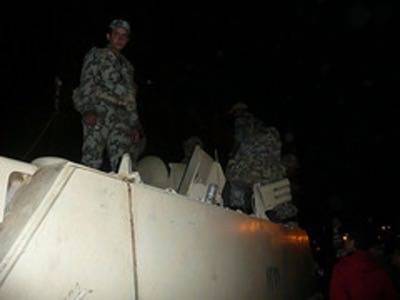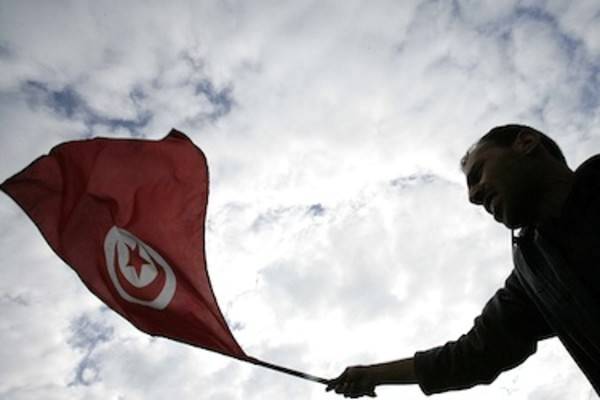Campaign for imprisoned Syrian blogger. Anyone who still believes that imprisonment and torture of social media users is limited to political radicals and gadfly journalists need look no further than Syria’s Anas Maarawi to be disabused of that notion. Maarawi was arrested on July 1. Talk about geek like me. Maarawi started Ardroid, the first Arabic language blog devoted to Google’s Android OS.

His supporters have started a Facebook page to publicize his situation. A blog, Free Anas, has also been started, as well as a hashtag, #freeanas. Get on it, nerdlingers.
British Prime Minister threatens social media ban. In the wake of the London riots, British PM David Cameron has threatened to ban people convicted of rioting from social networks. Banning those convicted of crimes from accessing social networks (the idea being that they used such access to organize criminal activities) is no different than banning the same criminals from accessing goose quills and ink pots! It will have zero effect on crime, aside from criminalizing social media itself.

Libyan Internet starts to fail. Renesys reported that, after a long, stable summer of nothing much to report, Libya’s Internet has now started to fail, probably as a result of infrastructure degradation due to war and neglect. The effects of this failure will be largely negative for the government, as they are the only ones who currently have access.
Egyptian blogger arrested for “defaming the military.” In what looks like a frantic race back to the bottom, the Egyptian military, the erstwhile saviors of the people during the revolution, have added another notch to their billyclub with the arrest and probable prosecution in a military court of 26-year-old Asmaa Mahfouz. Admittedly, a statement on one of her social media accounts muddies the waters.

“If the judiciary doesn’t give us our rights, nobody should be surprised if militant groups appear and conduct a series of assassinations because there is no law and there is no judiciary.”
Egypt seems to have moved on from the confident non-violence of the Arab Spring.
Iranian blogger freed. After a hunger strike that lasted 25 days, the Iranian government released Dr. Mehdi Khazali. He was released on bail. Khazali, son of a conservative cleric, has been arrested three times.
Al Jazeera journalist arrested in Israel. Last week, Samer Allawi, a Palestinian and the Kabul bureau chief for the Qatari news agency, was arrested while journeying from the West Bank to Jordan. He was brought before an Israeli military court Tuesday and charged with belonging to the outlawed terrorist group Hamas. Allawi denies he is a member of the group.
Tunisia upholds filtering decision. According to Reporters Without Borders, “A Tunis appeal court yesterday upheld a 27 May court decision requiring the Tunisian Internet Agency (ATI) to block access to pornographic websites. ATI said it would refer the case to the country’s highest appeal court because it did not have the ‘financial and technical resources’ to create the filtering and censorship system needed to implement the ruling.”

Filtering regimes start, with few exceptions, with the “protection” of innocent eyes against the scourge of pornography. It never, ever stops there. (There is, after all, so much to protect you from.)
Iranian blogger beaten in prison. Hossein Maleki Ronaghi was beaten by a guard “after writing a letter to Iran’s judicary authorities.” He required hospitalization afterward. He is serving a 15-year sentence.
International investigation panel closes up shop in Bahrain. The international Bahrain Commission of Inquiry, an international group investigating the violence during Bahrain’s protests, has shuttered its offices and hit the road “after angry crowds scuffled with staff members following reports that government officials would be cleared of committing abuses against protesters seeking greater rights.”
Argentina blocks websites. The country’s judiciary blocked leakymails.com and leakymails.blogspot.com, sites which “linked to allegedly leaked emails from members of the Argentine government.” The effect was to inspire the creation of myriad mirror sites to distribute the material.
Anonymous, Telecomix take on Syrian Cyber Army. Declaring an #OpSyria, the groups are targeting the official pro-government computer hackers as well as the suppliers of censorship equipment to the country’s violent ruling clique.

















